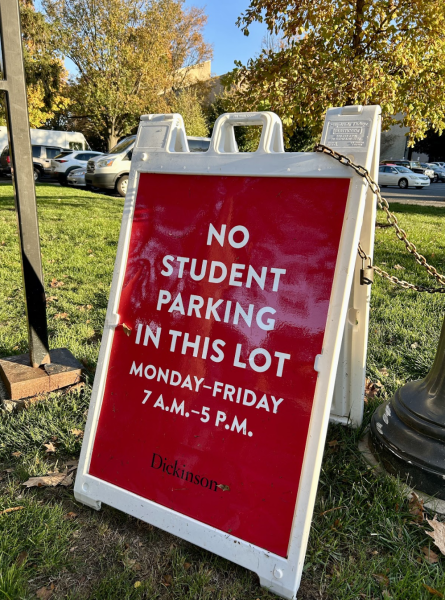Why #likeagirl Matters to Me and to Society
There are a multitude of reasons for watching the Superbowl. As a diehard Patriots fan, my reasons were clear for tuning in on Sunday, Feb. 1. However, many people who do not have a dog in the fight watch, in large part, for the commercials. This year saw a large smattering of both funny and thought provoking commercials as businesses took to the highly watched event to promote their products. One ad, however, produced by the feminine care company, Always, went a different route by promoting gender equality with their #LikeAGirl campaign that started last June.
This gave many of those that identify as women the opportunity to share on social media what they do “Like a Girl” displaying shining examples of women flying military aircraft, programming computers, and playing sports the ways they always have. However, an equal amount of reactions came from those who were not pleased that the Always ad only pertained to women, with #LikeABoy developing in a matter of hours.
In my opinion, this reaction is more important than the ad itself, and justifies why this campaign is so important. This was one minute in a four-hour event that widely focuses on men: male athletes, male coaches, male reporters, male referees, and one commercial caused uproar.
We’ve all either heard or used the phrase before, citing a well known quote from one of my favorite movies, Sandlot, “You play ball like a girl!” It’s time that gender, sexual orientation, and race all stop being used as insults. It seems like a small thing, but to take a major personal identifier, such as being female, and throwing it at young girls in a negative way makes her feel like she is less because she was born a female.
This transcends outside of the sandlot into the workplace where women are still making 75 cents to every man’s dollar for the same work, and preferential hiring towards males is still exhibited across many fields. Post graduation, I am heading into a male dominated profession. I do science “like a girl”, and that is important because women approach problems differently than men.
A great deal of strategy occurred with the placement of this ad during the Superbowl. Not for the purpose of targeting men, not to empower women, not to create backlash. This ad took place during such a popular, national event because #LikeAGirl is not just a feminism problem, it is a societal problem. Doing something in your gender, race, or sexual orientation is not an insult, and it’s time we stop acting like it.



